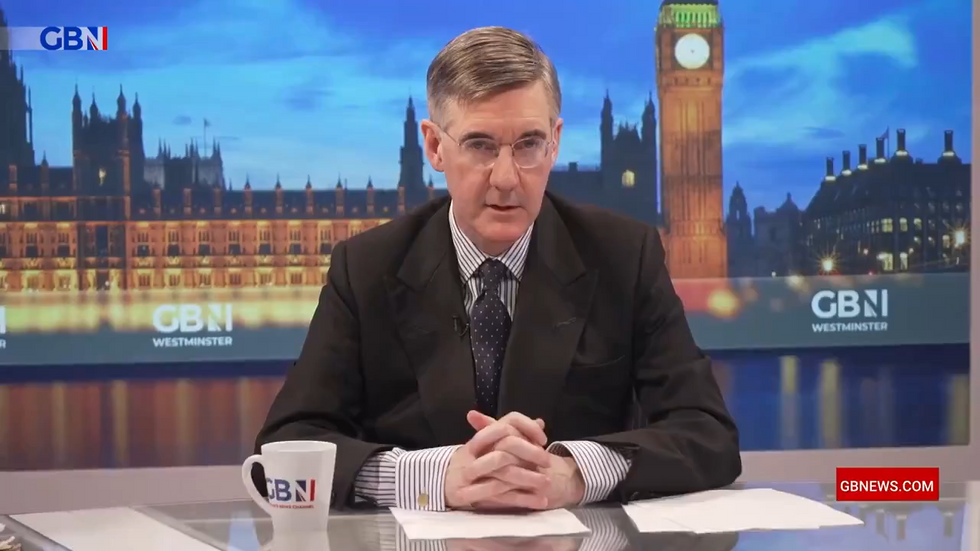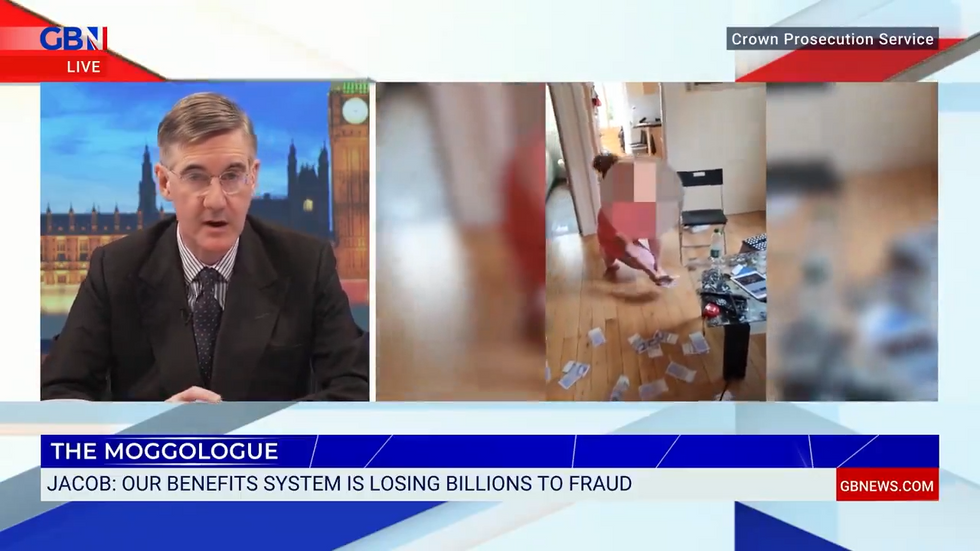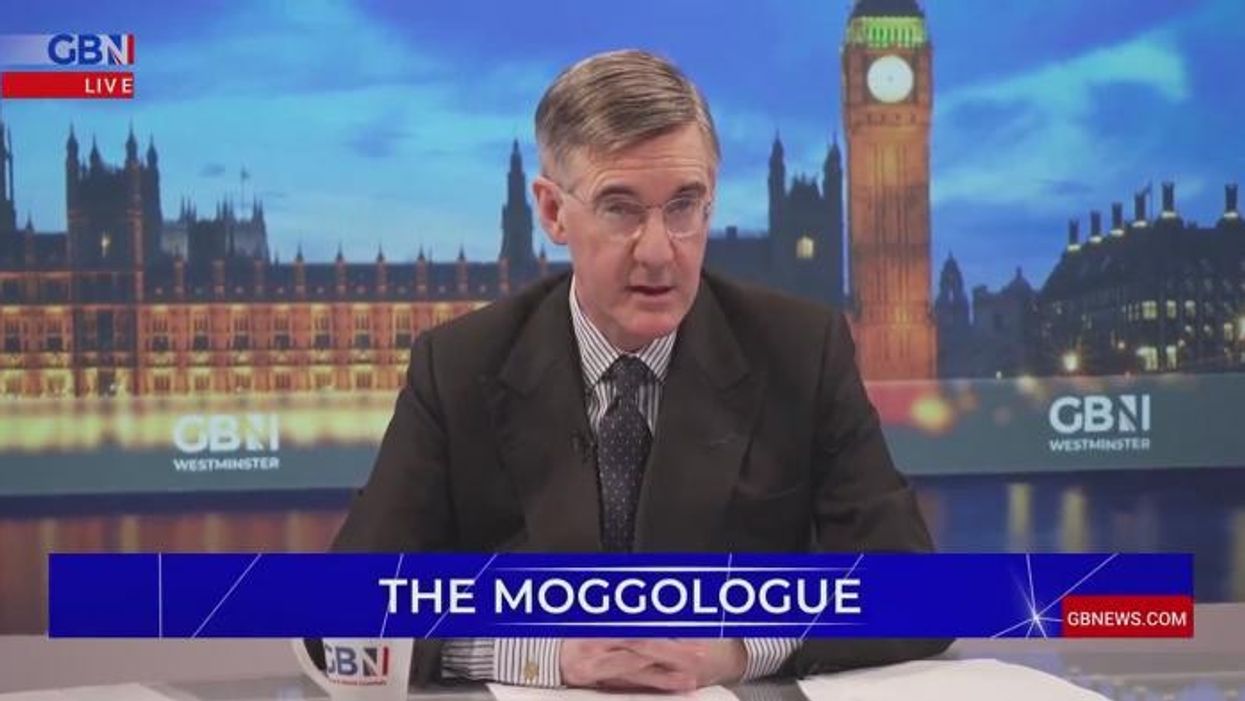The United Kingdom’s benefits system is losing billions of pounds of taxpayers’ money to fraud, says Jacob Rees-Mogg

Five Bulgarian nationals have pleaded guilty to defrauding the British taxpayer of more than £50 million
Don't Miss
The United Kingdom’s benefits system is losing billions of pounds of taxpayers’ money to fraud.
Five Bulgarian nationals have pleaded guilty to defrauding the British taxpayer of more than £50 million.
The five were members of an organised crime gang which filed thousands of Universal Credit claims between 2016 and 2021.
Thankfully, they are all now facing years in prison in what is one of Britain’s biggest cases of benefit fraud.
 |
| GB NEWS
But this case points to much broader problems with our benefits system.
Although the problem of fraud itself is important, the Department of Work and Pensions estimated that the taxpayer was defrauded of about £7 billion in the financial year to 2023.
But just for some context, if we were to eliminate this fraud this would save the taxpayer enough money to abolish inheritance tax in its entirety.
But the problems with our benefits system go beyond fraud.
The deeper problem is simply how many people are out of work.
There are currently 5.6 million working age adults on out of work benefits.

Jacob Rees-Mogg has spoken out on billions being lost to fraud in the benefits system
|GB NEWS / CPS
The majority of them are claiming Universal Credit - about 3.8 million people.
The other major component is those claiming incapacity benefits - of whom there are about 2.4 million people.
The Universal Credit was intended to ensure that work always pays but swathes of the country are economically inactive and claiming this benefit.
For example, around a fifth of working age adults are on out-of-work benefits in Manchester, Glasgow, Liverpool and Birmingham, while in Blackpool it’s as much as a quarter.
This undermines the whole purpose of the Universal Credit
As regards incapacity benefits, the 2.4 million is expected to rise to 3.4 million by the end of the decade.
While claims are up by 630,000 since before the pandemic, partly because of big increase in those suffering from mental health issues.
Welfare is costing the taxpayer £260 billion a year and this is growing.
It is about 20% of all public spending and falls on rich and poor taxpayers alike.
It is not incentivising people to work and risks becoming a lifestyle choice paid for others.
Reform is essential and fraud, though important, is a relatively small percentage of the total problem.
Ultimately only if we get these costs down can we afford to cut taxes, unleash Britain’s latent growth and innovation and increase the size of the pie for everyone.









